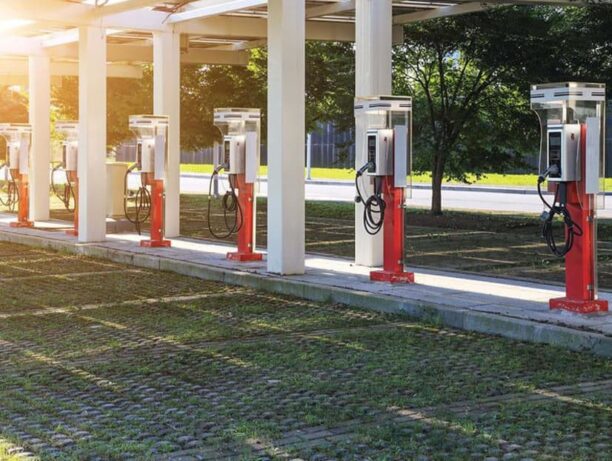Propane: A Key Player in the Future of Clean Energy Recharging

The propane industry is making significant strides in sustainability by contributing to emission reductions through innovative recharging infrastructure. This initiative, led by the Propane Education & Research Council (PERC), aligns with the global push for cleaner energy solutions and showcases propane’s versatility in supporting a greener future.
Propane’s Contribution to Clean Energy
Propane is now being recognized for its potential in reducing emissions through its integration with recharging infrastructure. This development positions propane as a key player in the transition to cleaner energy systems.
Propane’s Contribution to Recharging Infrastructure
Propane’s role in recharging infrastructure is multifaceted. Here are some ways it contributes:
Backup Power for Electric Vehicle (EV) Charging Stations
Propane generators provide reliable backup power to EV charging stations, ensuring continuous operation during power outages. This reliability is crucial in maintaining the functionality of charging networks, especially in remote or disaster-prone areas.
Propane-Powered Microgrids
Propane can be used in microgrid systems that combine renewable energy sources like solar and wind with propane generators. These systems offer a stable and resilient power supply, reducing the reliance on traditional grid power and lowering overall emissions.
Off-Grid Recharging Solutions
In areas without access to the electric grid, propane-powered generators serve as an effective solution for off-grid EV charging. This capability expands the reach of EV infrastructure, promoting electric vehicle adoption in rural and underserved regions.
Benefits of Propane in Recharging Infrastructure
Integrating propane into recharging infrastructure offers several benefits. They include:
Reduced Emissions
Propane is a low-carbon fuel that produces fewer greenhouse gases compared to gasoline and diesel. Its use in recharging infrastructure helps reduce the carbon footprint of EV charging systems.
Energy Security
Propane’s availability and reliability ensure that recharging infrastructure remains operational during grid failures or natural disasters, enhancing energy security and resilience.
Cost-Effectiveness
Propane systems are often more affordable to install and maintain compared to other backup power solutions, making them an economically viable option for supporting recharging infrastructure.
Industry Initiatives and Success Stories
The Propane Education & Research Council (PERC) has been instrumental in promoting propane’s role in emission reduction. Through various initiatives and collaborations, PERC has highlighted successful implementations of propane-powered recharging infrastructure.
Case Study: Propane-Powered EV Charging in Rural Areas
One notable example is the deployment of propane-powered EV charging stations in rural communities. These stations, supported by propane generators, provide reliable and sustainable recharging options where electric grid access is limited. This initiative not only supports emission reduction goals but also promotes equitable access to clean energy solutions.
Looking Ahead
The propane industry’s commitment to reducing emissions through recharging infrastructure demonstrates its adaptability and relevance in the evolving energy landscape. As more communities and businesses recognize the benefits of propane-powered solutions, the adoption of this technology is expected to grow, furthering the global efforts toward a sustainable and low-carbon future.
Propane is proving to be a valuable asset in the quest for our future. As the world moves toward a greener future, propane’s role in recharging infrastructure will undoubtedly continue to expand, offering innovative solutions to modern energy challenges.
















